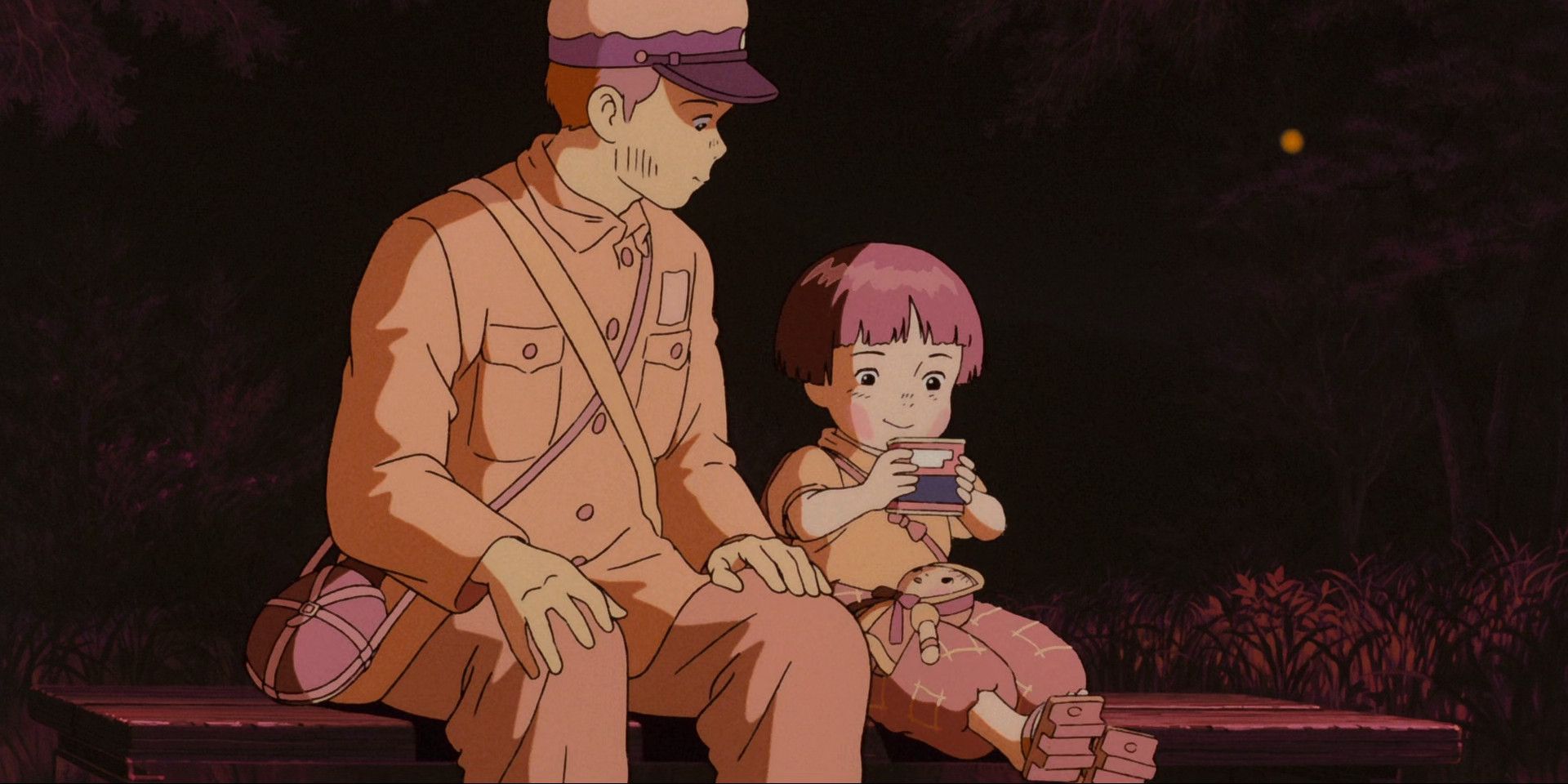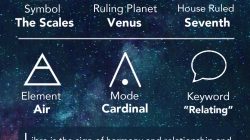The Art of Human Storytelling in Studio Ghibli Films
Hayao Miyazaki, the legendary filmmaker behind Studio Ghibli, has consistently voiced his concerns about the use of artificial intelligence (AI) in creative fields. He has described AI as “an insult to life itself” and has made it clear that he does not want any AI involvement in his projects. Despite this, an AI filter recently appeared on TikTok, allowing users to transform images into the whimsical, pastel art style associated with Studio Ghibli films. This development has sparked discussions about the role of technology in artistic expression and whether AI can ever truly capture the essence of human creativity.
The Boy and the Heron: A Masterpiece of Emotional Depth
Released in 2023, The Boy and the Heron is Hayao Miyazaki’s most recent film and a winner of the 2024 Academy Award for Best Animated Feature. It marks his first film in over a decade and showcases his enduring talent and creative vision. The story follows a young boy navigating grief, loss, and personal growth, all while encountering fantastical elements like the enigmatic Gray Heron. The emotional resonance of the film highlights the depth of human experience, something that AI lacks the capacity to fully understand or replicate.
When Marnie Was There: A Tale of Friendship and Healing
When Marnie Was There, directed by Hiromasa Yonebayashi, is a poignant story centered around Anna, a girl with asthma who moves to a new town in search of healing and connection. Her friendship with Marnie becomes a turning point in her life, teaching her about love, loss, and self-discovery. The film’s beautifully animated scenes of the Japanese seaside and its exploration of childhood emotions are testaments to the power of human storytelling.
Nausicaä of the Valley of the Wind: Environmental Themes and Human Conflict
Set in a post-apocalyptic world, Nausicaä of the Valley of the Wind explores themes of environmental destruction and the consequences of war. The film’s complex narrative and deep emotional layers reflect the challenges of understanding human conflict and its impact on nature. These topics require a nuanced perspective that only human creators can provide.
Princess Mononoke: A Reflection on Nature and Technology
Princess Mononoke, another film directed by Hayao Miyazaki, delves into the relationship between humanity and nature. The story follows Ashitaka, who encounters San, a girl raised by wolves, and their struggle against industrialization. The film’s message against technological advancement at the expense of the environment underscores the importance of human values in storytelling.
Only Yesterday: The Bittersweet Journey of Growing Up
Only Yesterday, directed by Isao Takahata, captures the bittersweet experience of growing up and leaving childhood behind. Through the character of Taeko Okajima, the film explores the challenges of adult life and the longing for simpler times. These universal emotions are best conveyed through human insight and experience.
Howl’s Moving Castle: Love, Identity, and Transformation
Howl’s Moving Castle combines romance, humor, and magical visuals to tell the story of Howl and Sophie, two characters on a journey of self-discovery. Their evolving relationship and personal growth highlight the complexity of human emotions, which AI cannot fully grasp or express.
Spirited Away: A Coming-of-Age Adventure
Spirited Away follows Chihiro, a young girl who must navigate a mysterious world of spirits to save her parents. The film blends magical elements with deeper themes such as environmental care, identity, and compassion. These concepts are deeply rooted in the human experience and are best communicated through human creativity.
My Neighbor Totoro: A Beloved Classic
My Neighbor Totoro is one of Hayao Miyazaki’s earliest and most beloved films. It tells the story of two sisters exploring a magical forest and meeting the gentle creature Totoro. The film’s charm and emotional depth have made it a cultural icon, a legacy that AI would struggle to replicate.
Grave of the Fireflies: A Heartbreaking Depiction of War
Grave of the Fireflies, directed by Isao Takahata, offers a powerful look at the effects of war through the eyes of two children. The film’s raw depiction of loss, hardship, and survival is a testament to the depth of human emotion and the need for empathy in storytelling.
The Tale of the Princess Kaguya: A Timeless Story
The Tale of the Princess Kaguya is a visually stunning and emotionally rich film based on a centuries-old Japanese tale. With a perfect Rotten Tomatoes score, it stands as a rare achievement in cinema. Its exploration of identity, culture, and human emotion showcases the unique capabilities of human storytellers.







